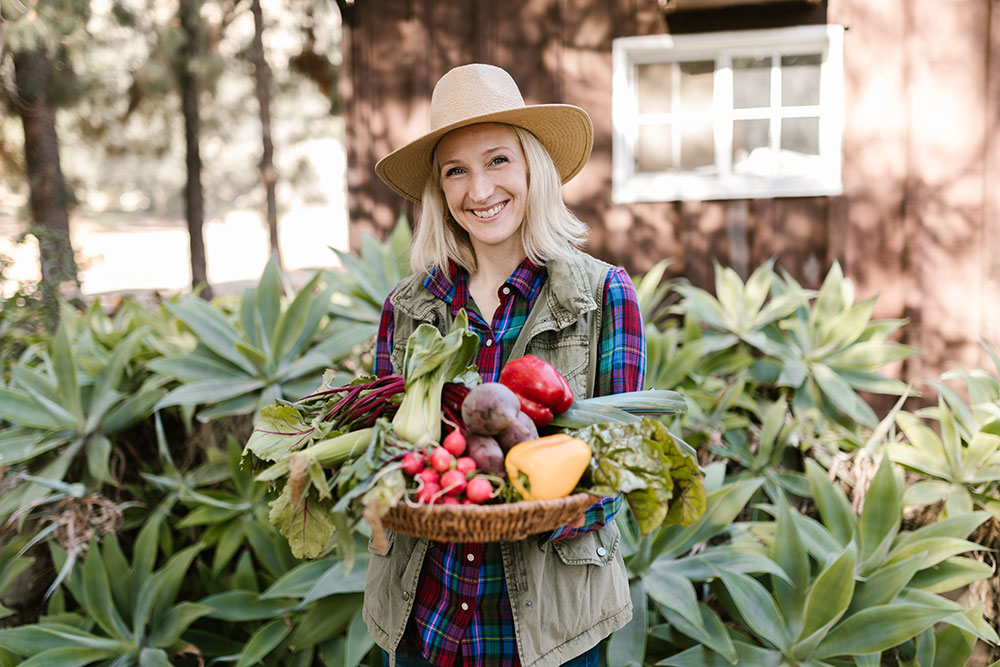
















The Inuktitut name for Repulse Bay is Naujaat ("nesting place for seagulls"), and this community lies directly on top of the Arctic Circle in central Nunavut. Naujaat is home to the first Growing Dome pilot project, a 42-foot dome which was built in 2017.
Arviat, derived from the Inuktitut word arviq meaning "Bowhead whale", is one of the most southerly and accessible Inuit communities in Nunavut. In 2018, the region launched 2 of the 42-foot greenhouses to supply food locally to community members.
Listuguj is located in Gespe’gewa’gi (“The Last Land”), the seventh and largest district of Mi’gma’gi. In 2020, two domes (26’) were built in Listuguj, Québec with First Nations Regional Adult Education Center (FNRAEC) and Alaqsite’w Gitpu School (AGS) operating the domes.
Gesgapegiag is one of the three Mi’gmaq communities on the south shore of Gaspésie Peninsula in Québec. One 26-foot dome was built in this community in 2021 to expand Wagwan Center’s gardening program, with the space being used to help the community connect with nature as a way of healing.
Nunatukavut in Port Hope Simpson is the territory of Inuit who reside in South and Central Labrador. One 26-foot dome was built in the Bolsters Rock to Spear Point area of the Nunatukavut territory in 2021, with the help of Love Child Organics and Nunatukavut Community Council. Another 26-foot dome is set to be built in the St. Lewis area of the NunatuKavut territory!
Lax Kw’alaams is a community located on the Tsimshian (Tsimpsean) Peninsula near Prince Rupert in British Columbia, Canada. In 2021, one 42-foot dome was built as a student-led project at the Coast Tsimshian Academy. Community members will be using the dome as a tool to produce fresh food locally, while the students will explore nutrition, science, and potentially even art lessons in the greenhouse!
NunatuKavut is an Inuit territory meaning 'Our Ancient Land’. The Inuit population has lived in harmony with the environment and shares nature’s generosity while ensuring the conservation and preservation of their land, ice, and waters. The community in St. Lewis, NunatuKavut, wanted to add a greenhouse infrastructure to sustainably grow their own fresh produce. A 26-foot greenhouse with interior raised beds and a hydroponics station was completed in 2022.
Mississauga First Nation is a small community just West of Blind River. The only grocery store in town is very expensive, with a small section of local produce. We were invited to help MFN regain control over their local food systems. A 33-foot greenhouse was built in 2022. Within the growing dome, there is a thermal mass, hydroponics unit, and raised soil beds using the Hügelkultur method. This dome will provide fresh food year-round to locals, restaurants, vendors, and daycares. The dome will also offer young community members education and the opportunity to learn how to garden!
Nelson House is a community of roughly 3,000 people North of Manitoba, that is a part of the Nisichawayasihk Cree Nation. One 26-foot greenhouse was built in the community in 2022. A hybrid hydroponics/polycarbonate greenhouse unit was installed in collaboration with ColdAcre Food Systems.
Fort Severn First Nation is a Northern Ontario Cree community that lives off the land. To provide space for growing fresh produce and space for local school workshops, the Green Iglu team worked on building a 33-foot greenhouse in 2022 along with raised beds, thermal mass, and hydroponic units.
Cree Nation of Wemindji is a small community that is a 9.5-hour drive from Val D’Or, the nearest town where the food is to transported from. The delivery of groceries happens twice a week, and the food is very expensive. Due to the limited access to fresh produce, a 42-foot greenhouse project was developed in 2022 to give the community an opportunity to grow produce for themselves!








